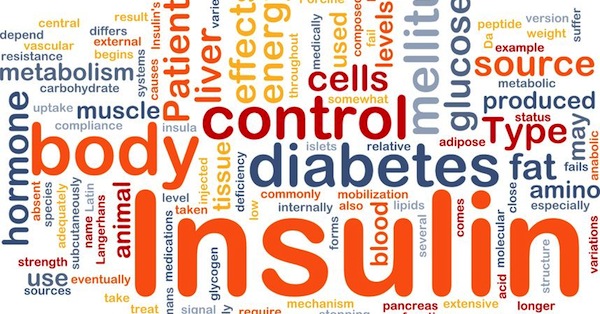-
Tips for becoming a good boxer - November 6, 2020
-
7 expert tips for making your hens night a memorable one - November 6, 2020
-
5 reasons to host your Christmas party on a cruise boat - November 6, 2020
-
What to do when you’re charged with a crime - November 6, 2020
-
Should you get one or multiple dogs? Here’s all you need to know - November 3, 2020
-
A Guide: How to Build Your Very Own Magic Mirror - February 14, 2019
-
Our Top Inspirational Baseball Stars - November 24, 2018
-
Five Tech Tools That Will Help You Turn Your Blog into a Business - November 24, 2018
-
How to Indulge on Vacation without Expanding Your Waist - November 9, 2018
-
5 Strategies for Businesses to Appeal to Today’s Increasingly Mobile-Crazed Customers - November 9, 2018
End of Daily Type 1 Diabetes Insulin Injections?
“For type 1 diabetes, we’ve traditionally given immunosuppressive drugs, but this trial gives us a new way forward”.
Advertisement
Scientists from the University of California have come forth with a groundbreaking research that could enhance the quality of life of Type I diabetics who otherwise need daily injections of insulin: they succeeded in boosting the immune system thereby restoring the production of the hormone in the body.
If the therapy does work out, it “could be a game-changer”, study first author Jeffrey Bluestone, a professor of metabolism and endocrinology at the University of California, San Francisco, said in a university news release. “By using Tregs to “re-educate” the immune system, we may be able to really change the course of this disease”, he explained.
Hundreds of thousands of people in Britain suffer from Type 1 diabetes and need to inject themselves daily to keep blood sugar levels under control.
Bluestone’s team reported how regulatory T cells (Tregs) – which can reduce the immune system’s attack on insulin-producing beta cells – led to successful phase I results in an immunotherapy trial.
The study appears in Science Translational Medicine.
It can last for up to a year in the diabetic person’s body, reports Telegraph. Healthy people have billions of “peacekeeping” cells called “T-regs” which protect insulin-making cells from the immune system but people suffering Type 1 diabetes do not have enough. The entire process is known as ex vivo (outside the body) “isolation and expansion”.
In addition to being well tolerated by all four groups, the treatments were found to be durable, with up to 25 percent of the infused therapeutic cells still detectable in patients’ circulation a year after they had received just a single infusion.
Approximately one in every ten Australians with diabetes has type 1 diabetes, according to the Better Health Channel.
As well as stopping the need for daily injections, the discovery could also prevent the disease from progressing, limiting drastic side affects associated with diabetes such as amputation.
Two experts in type 1 diabetes said the approach holds real promise.
Advertisement
The procedure could potentially be used to treat other conditions such as rheumatoid arthritis, cardiovascular disease and even obesity.




























